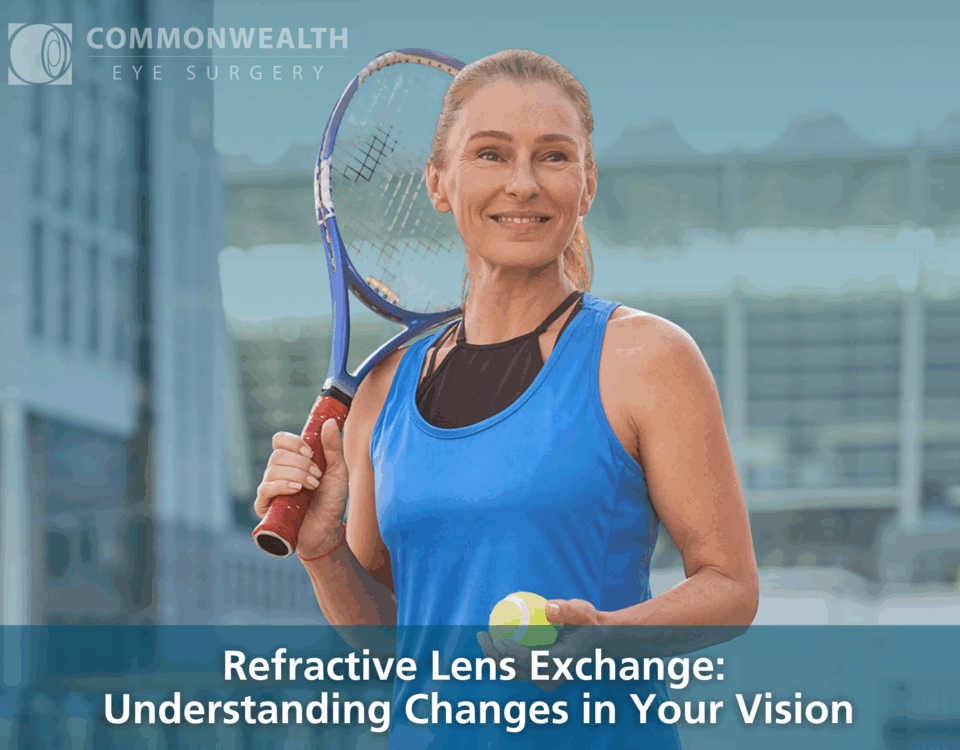
Why having the LASIK procedure in your 20’s or 30’s is a great investment
October 20, 2014
Commonwealth’s Newest Addition Receives International Award!
May 15, 2015Please be advised, this information is not intended for the “snow bird” lucky enough to be headed for a tropical paradise during the upcoming winter months. You already know you need sunglasses for those pristine sunny days and the reflection of the sun that bounces off the white beach and rolling ocean. You need not read further because you know you need to pack those UVA/UVB sunglasses along with your sunscreen, towel, and bathing suit.
No, this is for those of us that are currently enjoying the colors of Fall, cooler weather and the guarantee that – whether we welcome it or not – the Winter weather is soon to follow. Many believe that the shorter days and the cold weather that are associated with winter season simply do not require the use of sunglasses. Given the cold temperatures, it might be easy to assume that the winter months, which are coupled with cold, grey skies, snow and ice, that the need for sunglasses is “zero”.
It is similar to assuming we don’t need our beach towel or bathing suit when there is frost on the windows. We all understand that not wearing a swimsuit in the winter is a sound decision. However, assuming we can go without our sunglasses during this cold season can do serious harm to our eyes. In the winter, everyone protects their hands with mittens, their body with a coat, and a hat for heads. So, as contrary as it may appear, everyone should also protect their eyes in the winter with the appropriate sunglasses.
Interestingly enough, according to the World Health Organization, snow reflects nearly 80 percent of the suns rays. That is more than twice the amount of reflection off sand and water. So we can now brag to our “snow bird” friends that we have access to twice as much sun as they have on their warm beach. However, before we get too comfortable, we need to know what this means to our eye health.
The sun emits harmful rays such as UVA and UVB. If not protected, these types of rays are known to be very dangerous and can increase your risk of cataracts, macular degeneration and possibly the development of ocular melanoma (a rare type of cancer). In order to better protect yourself from these harmful rays, make sure to wear or buy sunglasses that have both UVA and UVB protection.
While many stores mark their glasses as having these provisions, it is a good idea to purchase your sunglasses from a reliable source. Consult your local eye doctor to determine what glasses would be best for your daily activities, regardless of the season.
So, for all the people out there who are soon to battle the cold weather and shorter days, be certain to remember that you will need the appropriate sunglasses to protect your eyes during the winter season to maintain eye health. Don’t underestimate the damage that can be done by the sun during this winter season.




